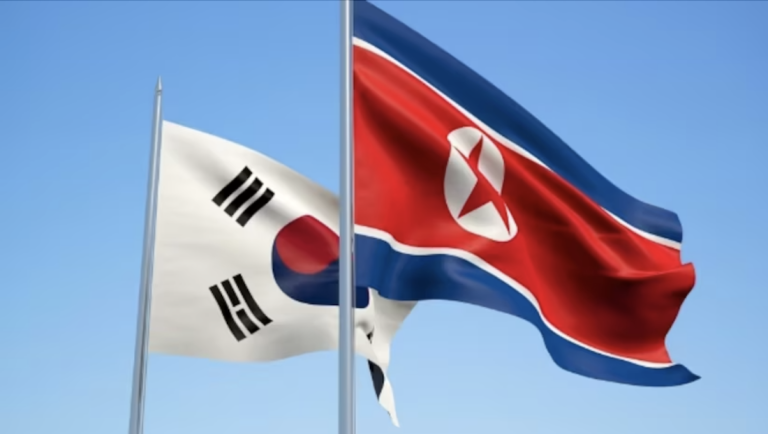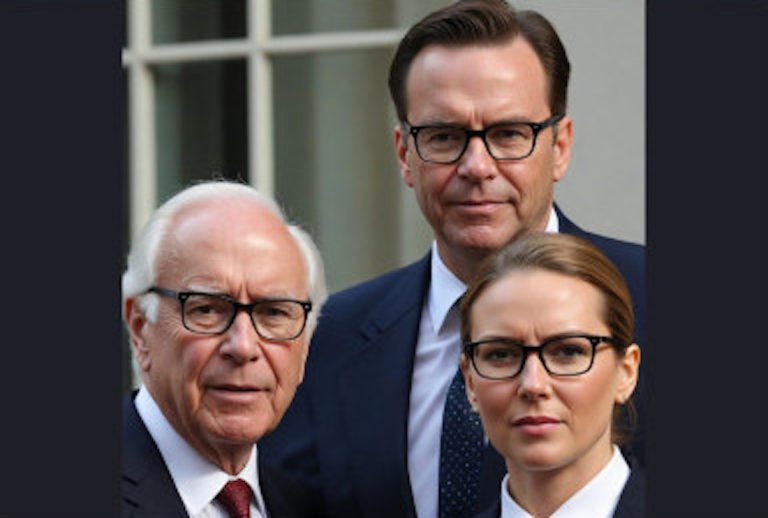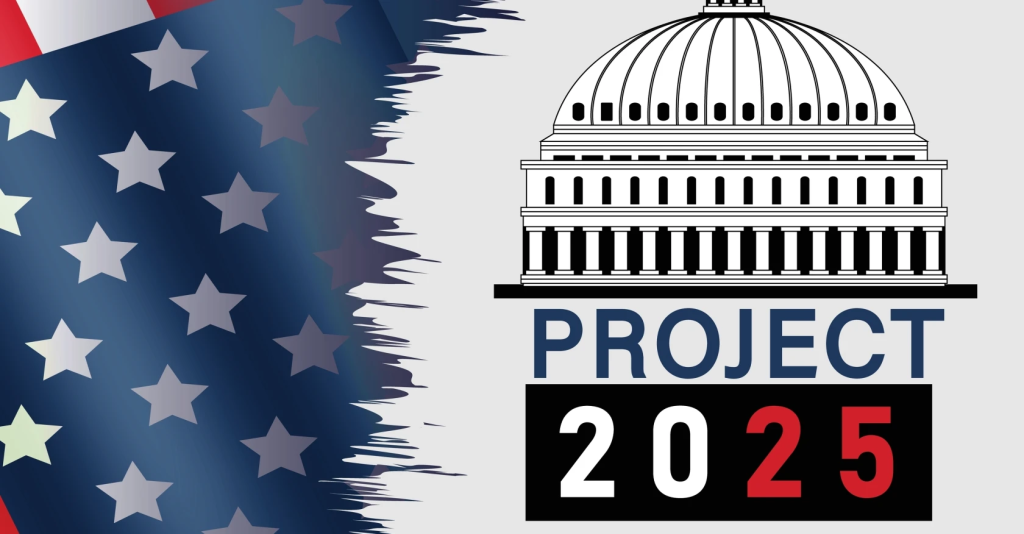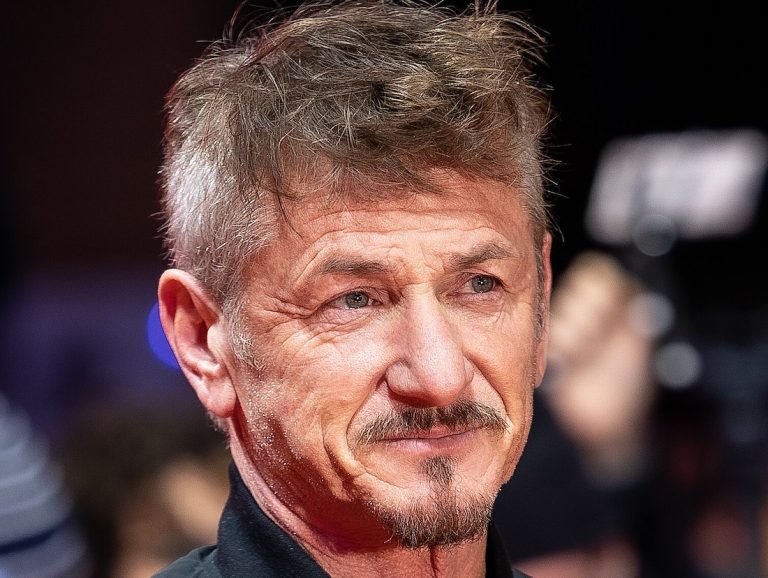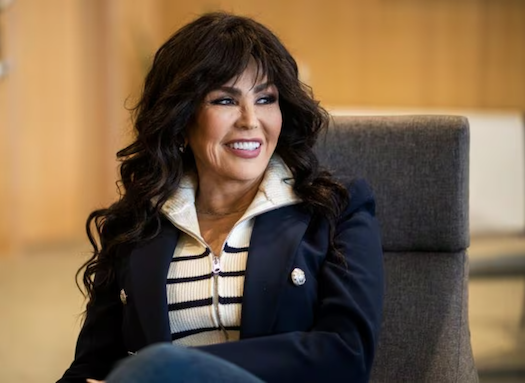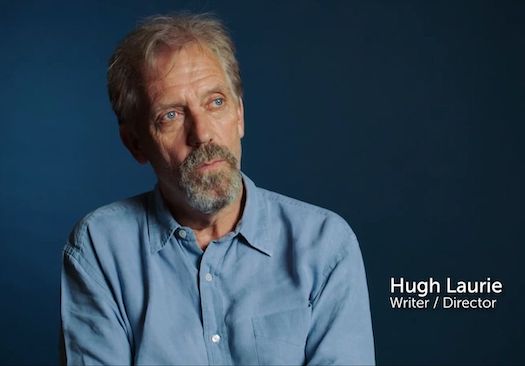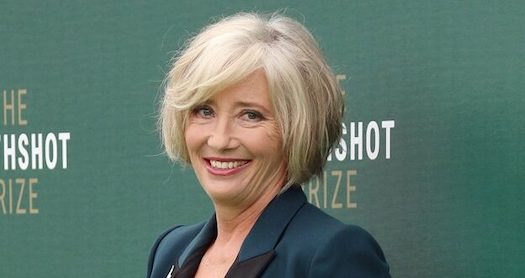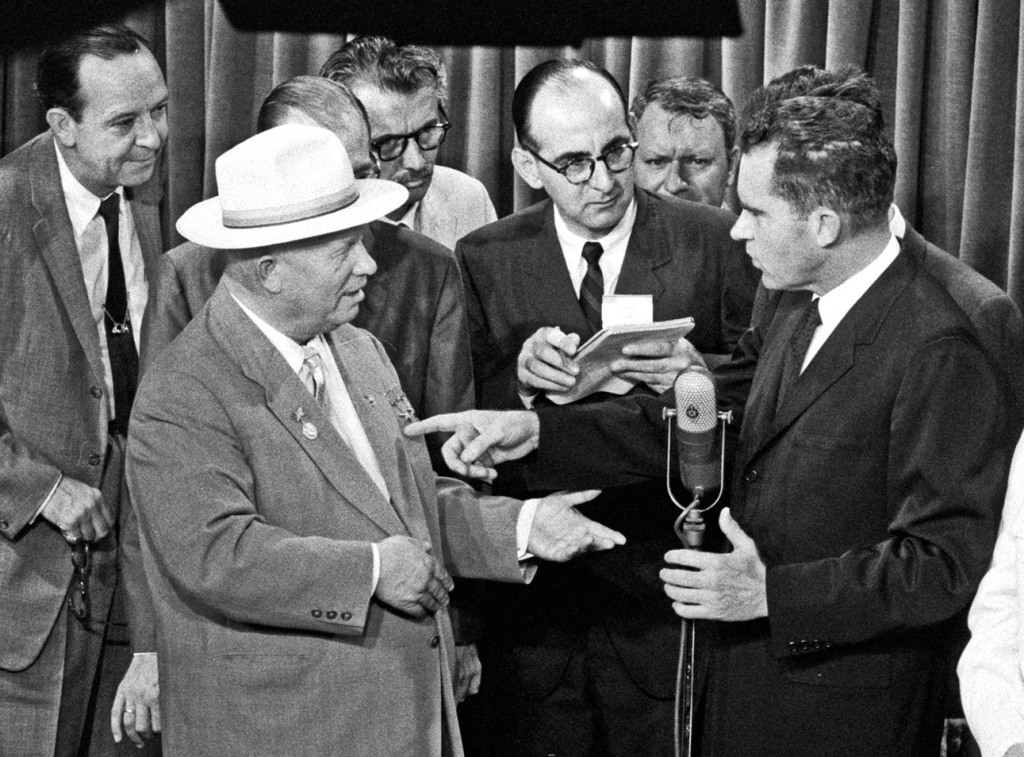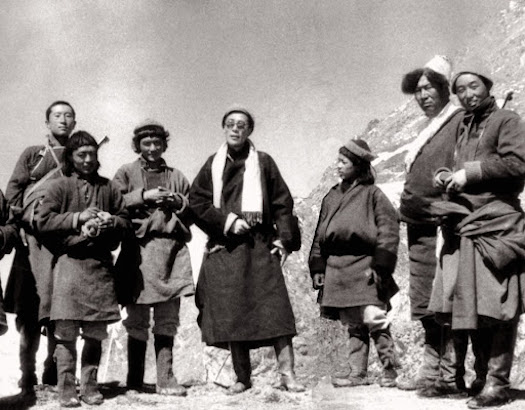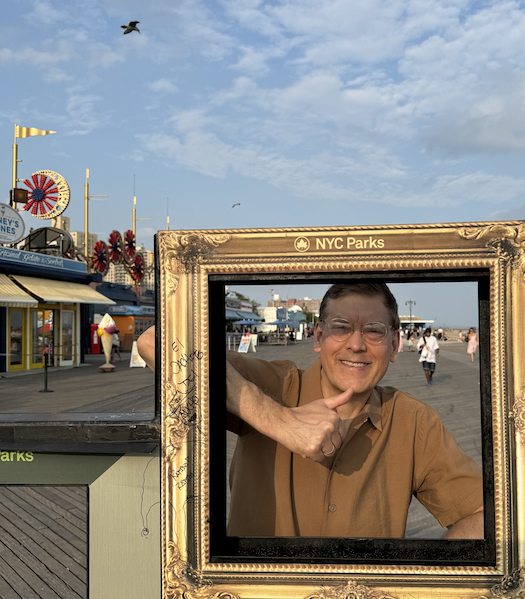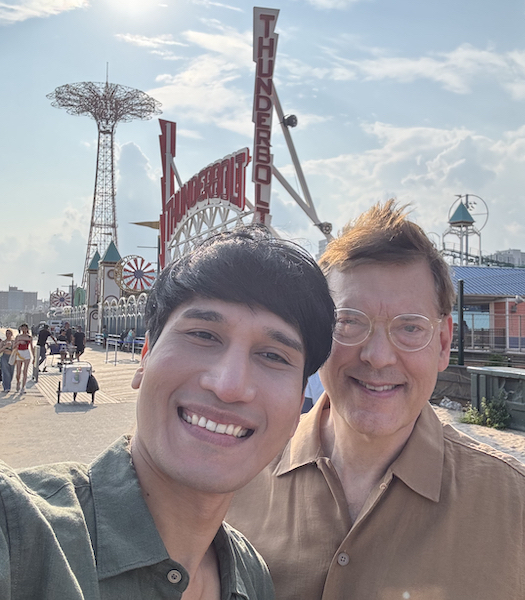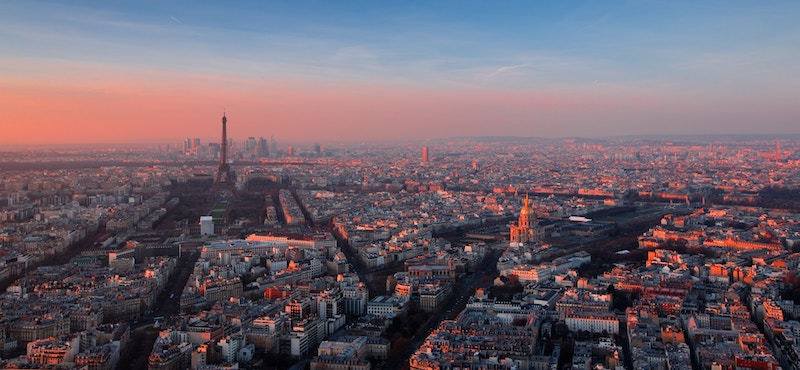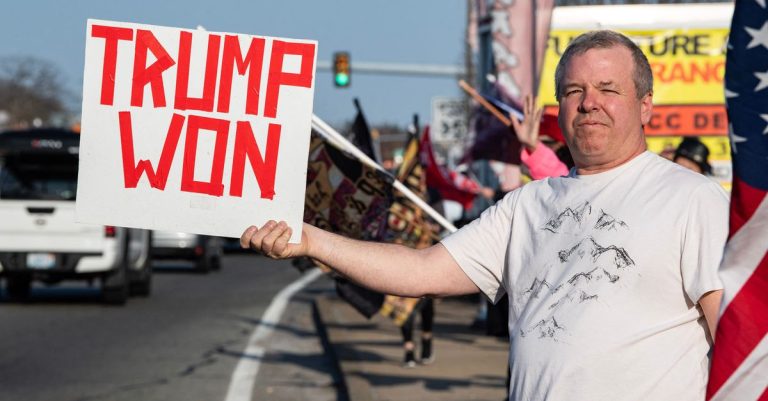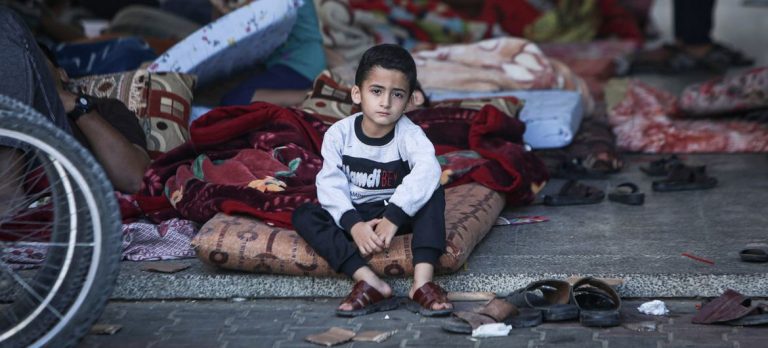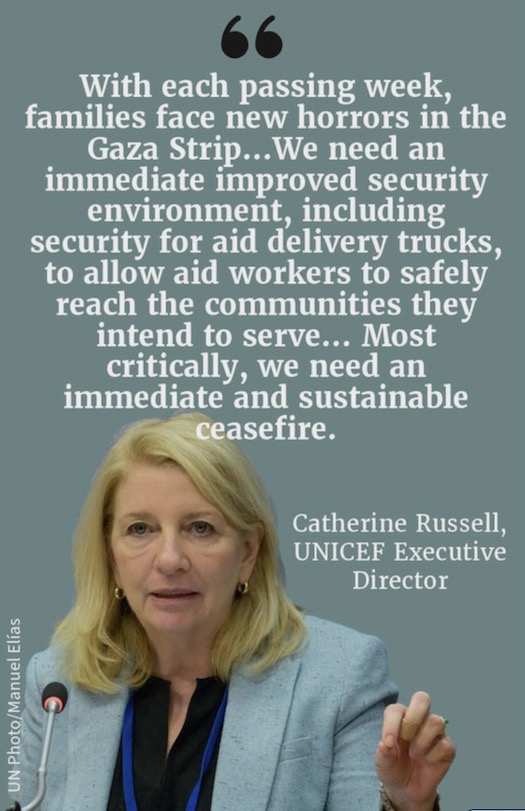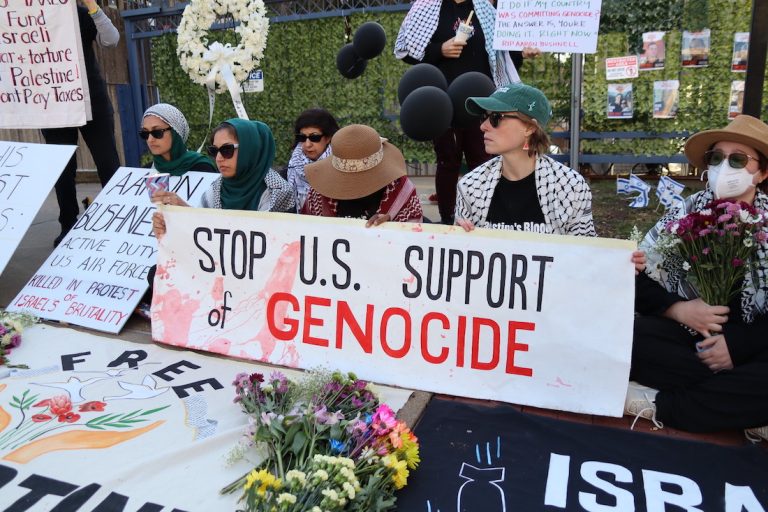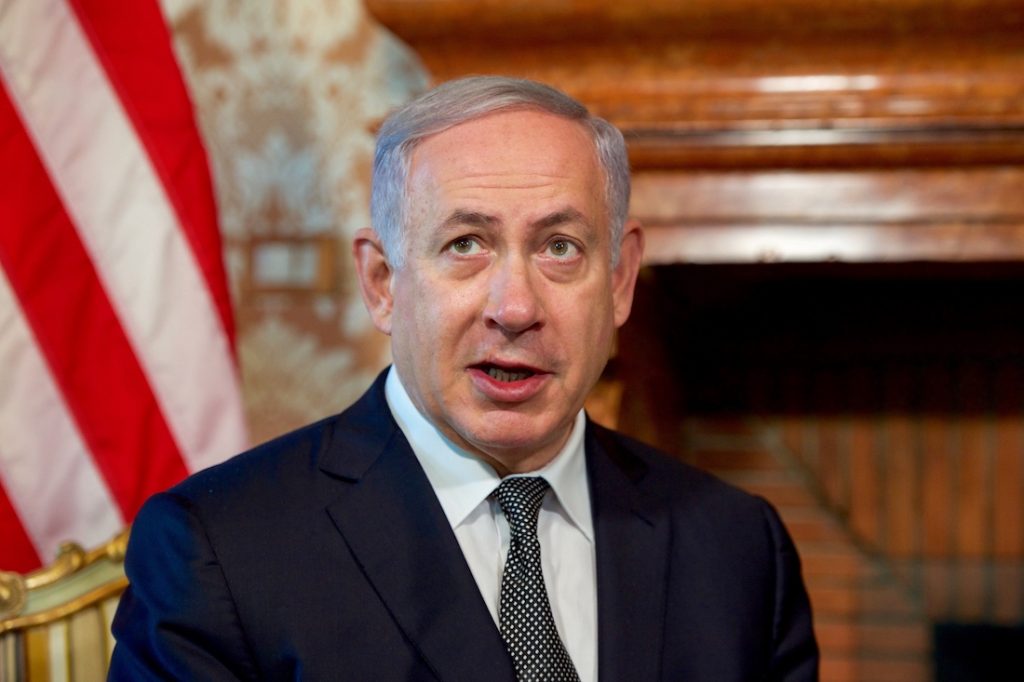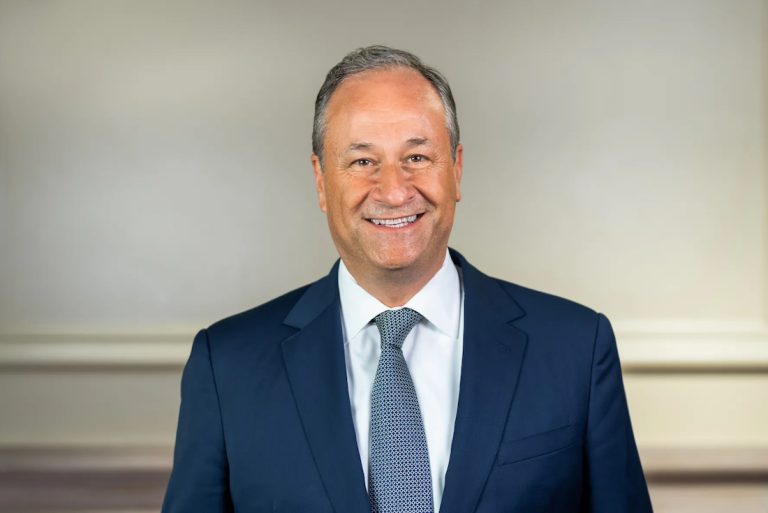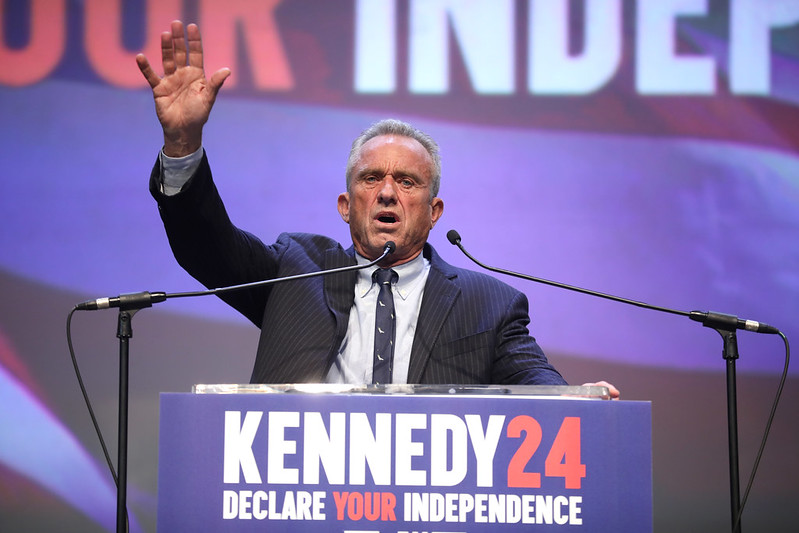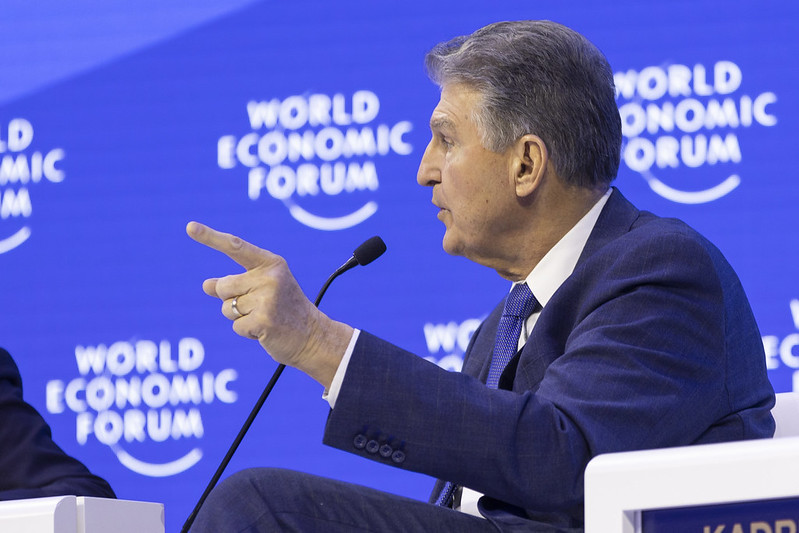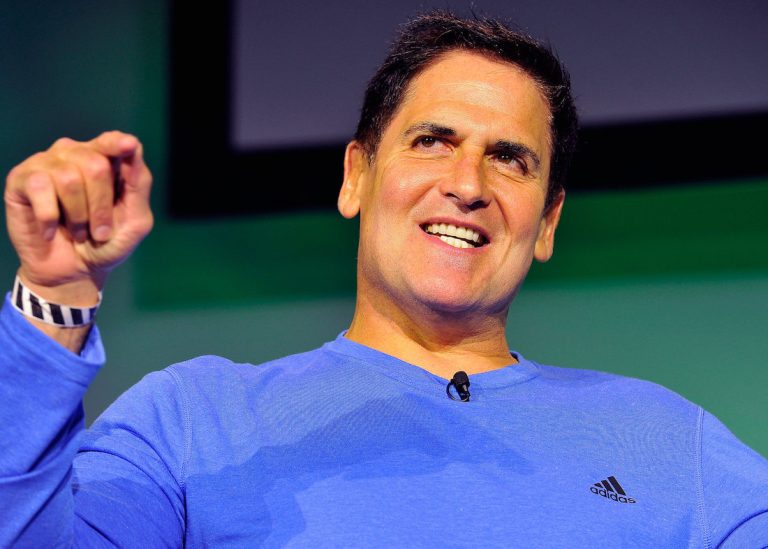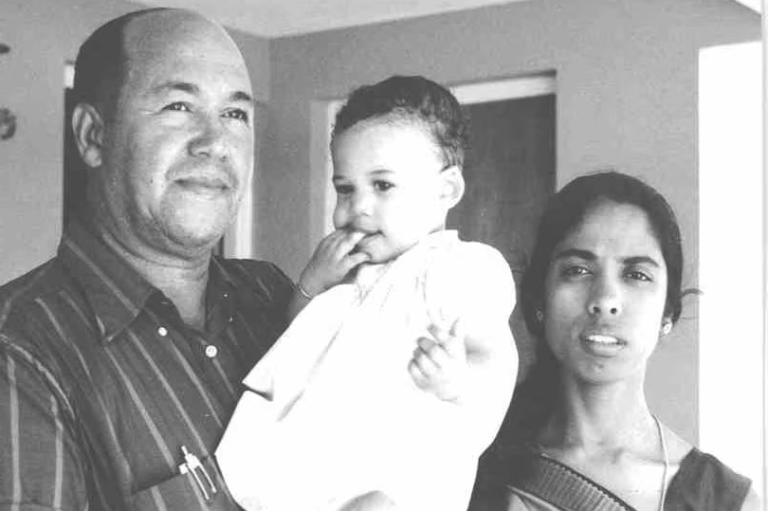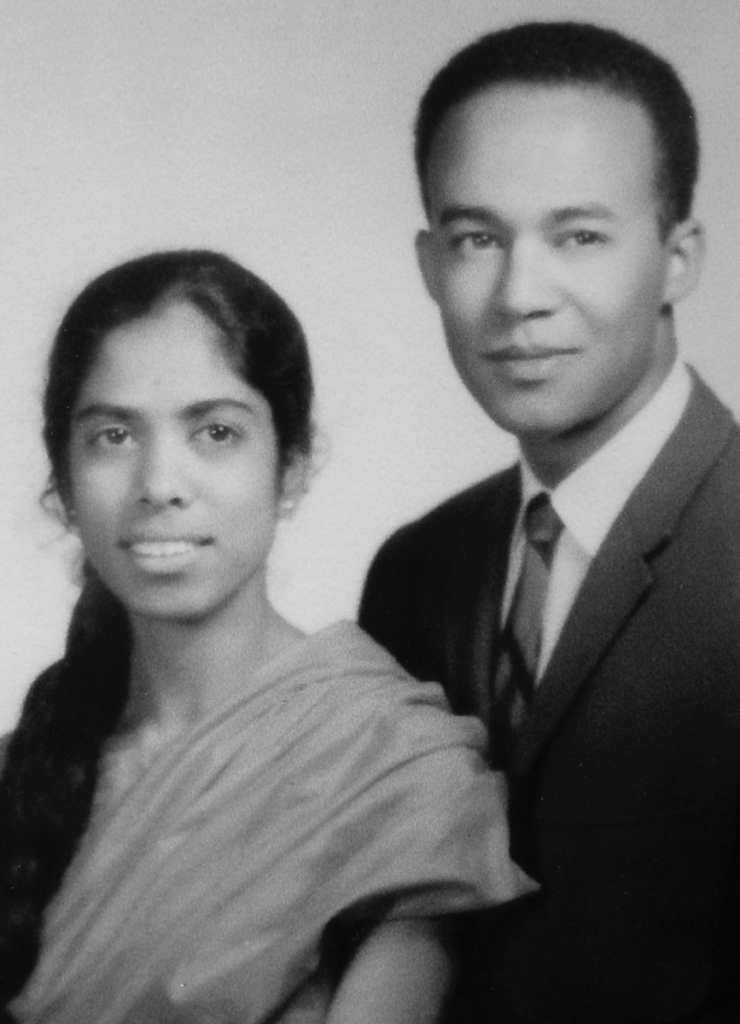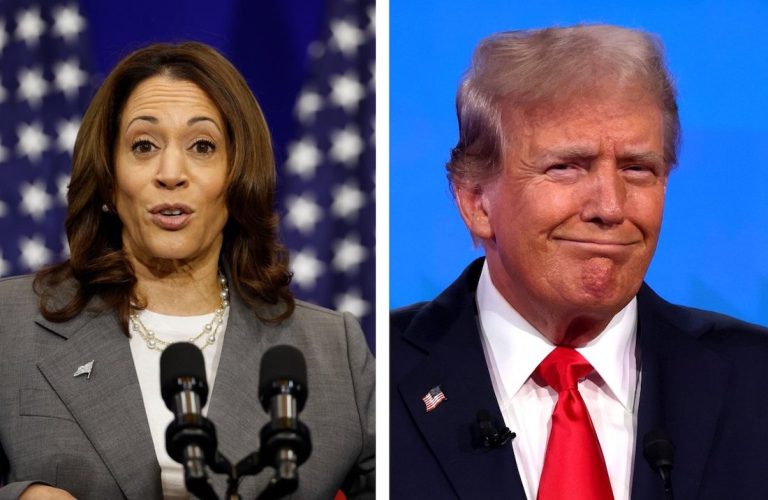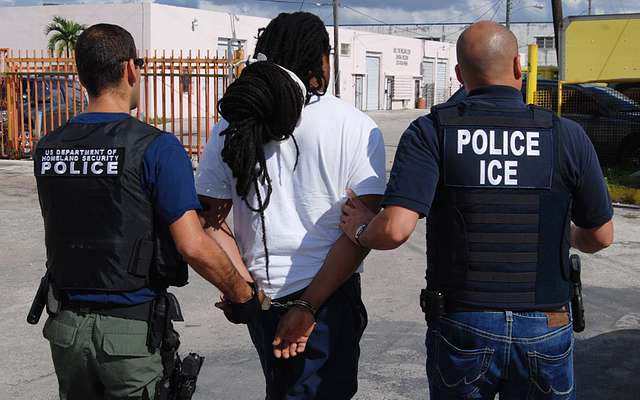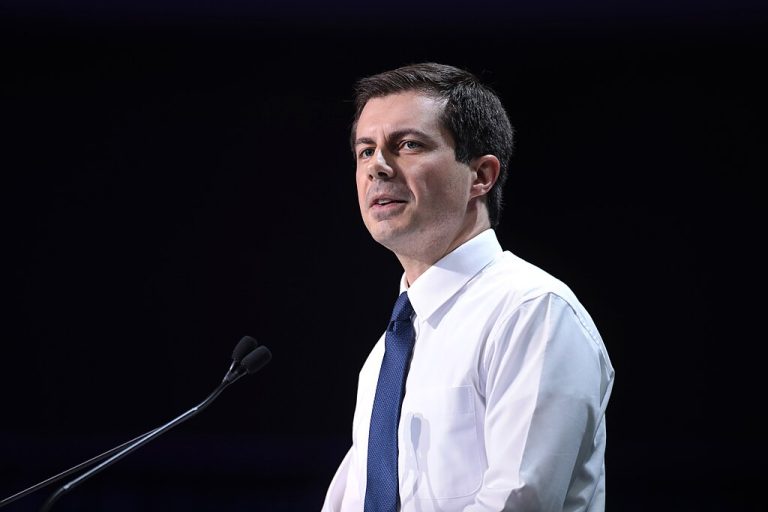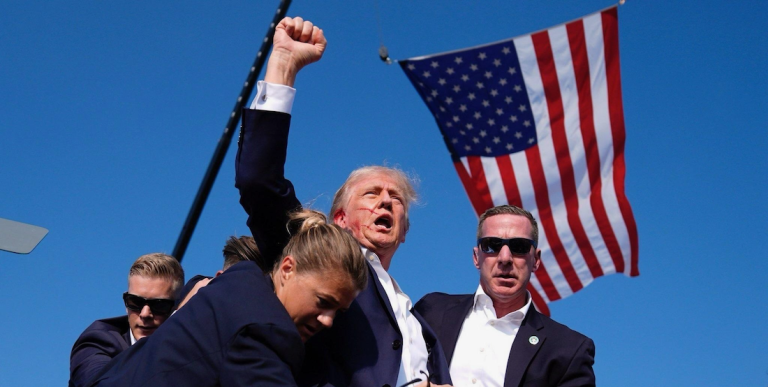The Luce Family Charities include:

- Orphans International Worldwide (www.orphansinternational.org) which began in 1998, “Raising Global Leaders,” supported by the estate of Jim Luce’s mother, a child psychologist (see New York Times and U.S. Congressional Record, Frances Alleman Luce).
- J. Luce Foundation (www.lucefoundation.org), “Supporting Young Global Leadership,” inspired by Jim’s father, a professor, founded in 2008 (see Wikipedia, Dr. Stanford Luce).
- The Stewardship Report on Connecting Goodness (www.stewardshipreport.org) that began publication in 2010.
- The New York Global Leadership Lions Club founded in 2015.
- Luce Leadership Centre at Caribbean Maritime University (2015), and at a local college supporting rural women (India/2021), we began “Educating Young Global Leaders.”
Possibilities for Pakistan include:
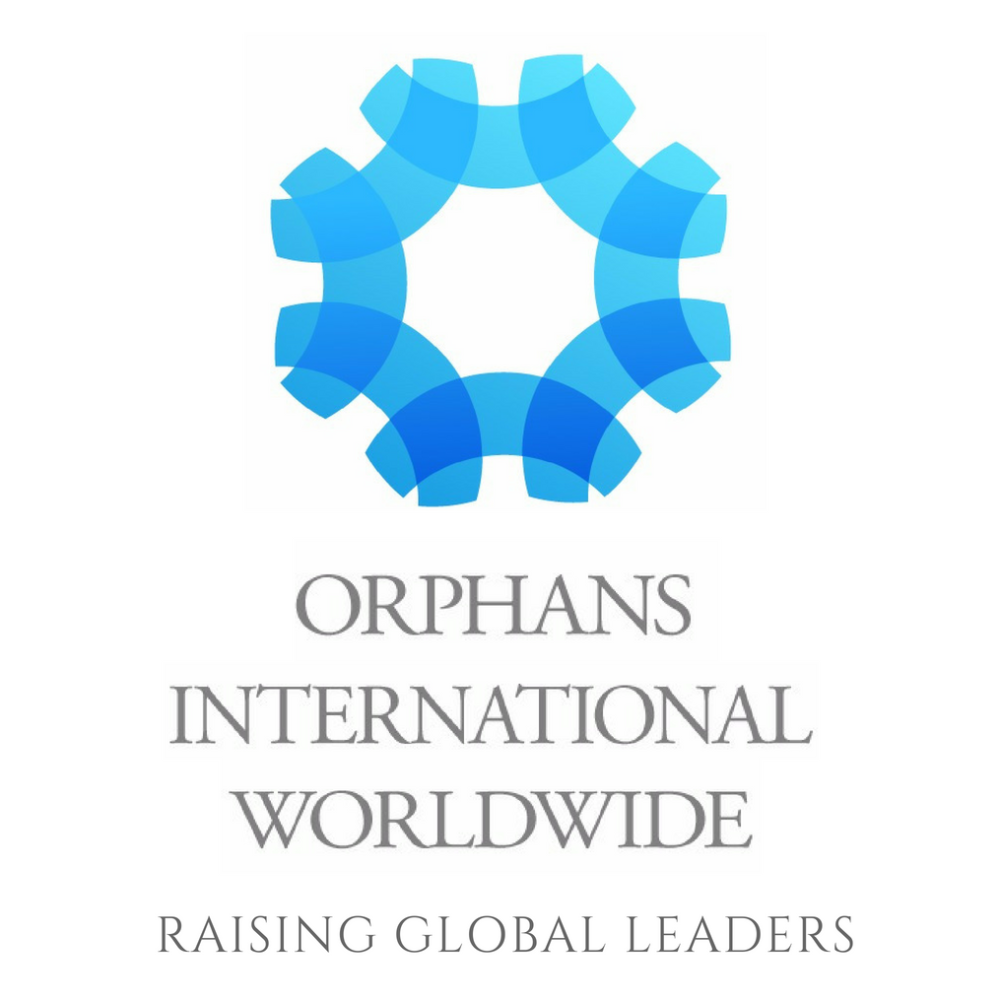
- Creation of Orphans International Pakistan to rent/buy one home to raise 12 children from infancy through higher education or vocational training, boys and girls to mirror an actual family, preferably in a small town on the outskirts of a large city easily accessible to international travel. These children would not be available for international adoption. They would be raised according to their biological parents’ faith, which would probably be Islam. They would attend the best local school possible.
Orphans International operates or has operated in Haiti (Jacmel, Gonaïves, Léogâne), Sri Lanka (Galle), Indonesia (Sulawesi, Aceh, and Bali), Dominican Republic, and India (Bihar and Arunachal Pradesh). - Creation of the James Jay Dudley Luce Foundation in Pakistan. The J. Luce Foundation operates or has operated in the U.S., Canada, India and Indonesia.
– The foundation may move toward creation of a J. Luce Leadership Centre in conjunction with a local university such as created at the Caribbean Maritime University in Jamaica, or under construction at a college in Jharkhand, India. Leadership Centre activities include English proficiency, writing for The Stewardship Report, and creating a branch club of Lions Clubs International.
– We are building out a college level Online & Experiential Education Program that might fit a potential project in Pakistan. In addition, we have a cadre of global advisors in the U.S. who wish to be hosted for a 6- or 9-month visiting scholar program in Pakistan.
– The foundation also works to identify Luce 24 Under 24 Awardees to be invited to our recognition ceremonies in New York or Washington, D.C. The foundation has a strong record of advocating for Awardees to enter American higher education, especially with Harvard, Yale and Princeton universities. In addition, we have a strong relationship with Marietta College in Ohio for students not at the Ivy league level.
– Our foundation would also be able to coordinate Luce Leadership Experiences, which consist of a dozen college-age young global leaders from the New York area traveling for ten days to ‘experience’ the extremes of wealth and poverty seen in health and education and to be recognized for their efforts by Pakistani officials (often at a Congressional level). These trips have occurred to Greece, Jamaica and Indonesia and were cancelled recently to Israel.
– Finally, our foundation would also be able to coordinate World Congress V which occurs every five years which could be scheduled for Pakistan. These Congresses have taken place at NYU and Columbia universities in New York, Haiti and Indonesia, and was cancelled because of the Pandemic in Luce Hall at Yale.
Timeline Proposal
- Feb. 2025: Executive Trip to Lahore
- April 2025: 25th Anniversary Reception II at Luce Hall, Smithsonian Institute, Washington, D.C.
- Sept. 2025: Online & Experiential Education Program to begin
- Sept. 2025: Classes with Experiential Education Program to commence
- Sept. 2025: Clubs & Activities to begin
- Jan. 2026: Temporary home and office could open
- Jan. 2026: Visiting Scholars Program to begin
- Jan. 2026: Luce Leadership Centre to open
- Jan. 2026: Luce Leadership Experience to occur
- April 2026: Marietta College Leadership Conference
- June 2026: World Congress V to be held

The Luce Leadership Centre’s mission is “Creating Young Global Leaders.” Global Leadership is a special combination of competence and compassion.
Skills can be taught, and a humanitarian spark can be expanded. But without that initial spark of caring, one is ineligible for our programming. This is our requirement.
- Mission. Supporting the creation of Young Global Leadership on campus and around the world, with emphasis on Honor, Intelligence, Integrity, Benevolence, and Stewardship in salute to Jamaica’s global vision, “Out of Many, One People.”

Jim Luce was appointed Adjunct Professor to the Caribbean Maritime University in Jamaica in autumn 2018 and and has been scheduled to receive an Honorary Doctorate degree.
- Academic Programming & Degrees
- The Centre will offer both on-campus and online experiential educational opportunities towards Science degrees through Associate, Bachelors, Masters, and Doctorate Degrees, as well as Professional Certificates
- Curriculum to be modified for Leadership & E.S.L. (through Pearson’s in London), adding in humanitarianism (“Smart with Heart”)
- Facility will offer classrooms, TV studio, library, and guest rooms for visiting professional scholars

- Visiting Scholar Program
- Global Advisors to the J. Luce Foundation may elect to teach three 3-hour seminars to include an experiential project. All seminars would be videotaped for our online educational platform
- Luce Leadership Experience
- Purpose: to learn about cultures and histories important to the knowledge, sensitivities, and success of Young Global Leaders.
- Itineraries: visiting museums, universities, social institutions, with a focus on Arts, Education, and Orphan Care, balanced by a robust schedule featuring cultural performances and local cuisine. College credits are available for the first time.
- Components: Centre Opening, Children’s’ Hospital, SOS Children’s Village, public and private elementary schools, meeting officials, Lions Club service project




